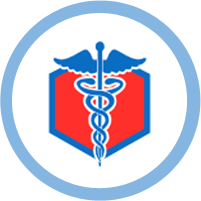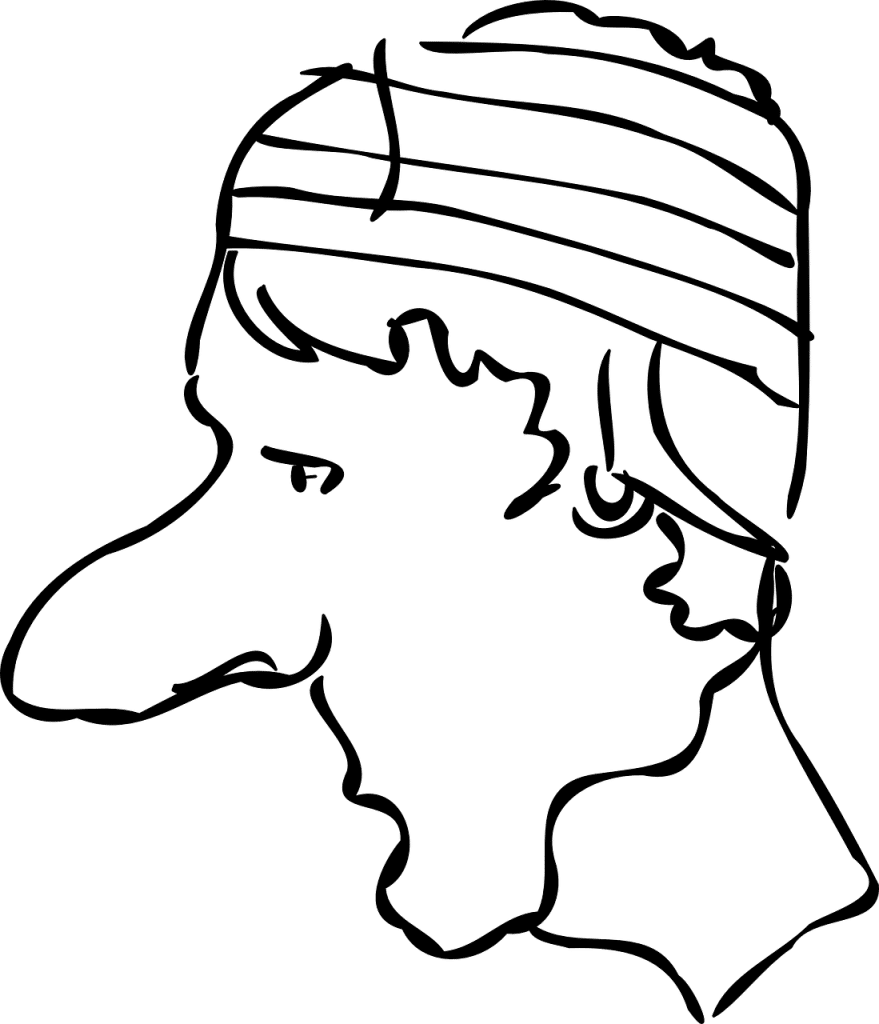A concussion by definition is a traumatic injury that affects brain function. The effects of a concussion are mostly temporary, but they can include headaches and problems with concentration, memory, balance, and coordination.
SEPARATE COVID-19 UNIT & ENTRANCE FOR COVID & COVID SYMPTOMATIC PATIENTS.


